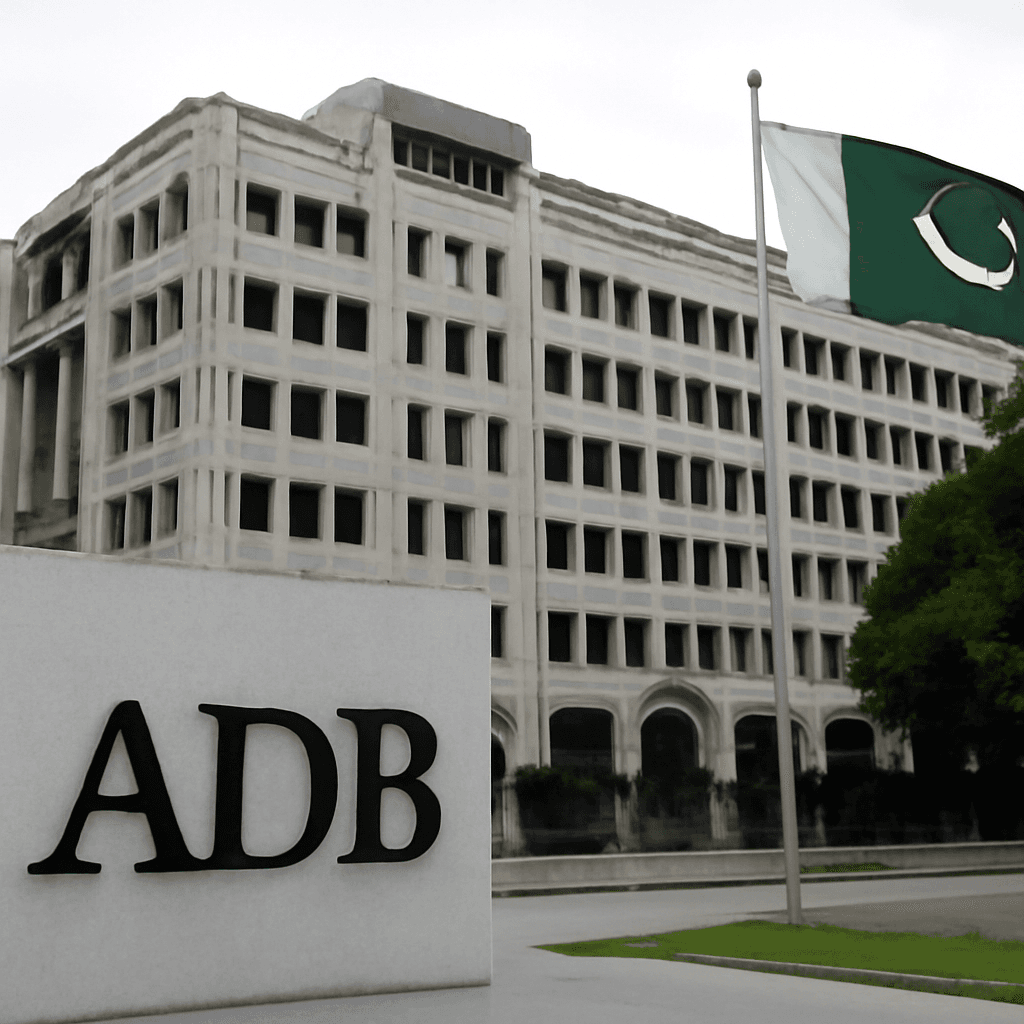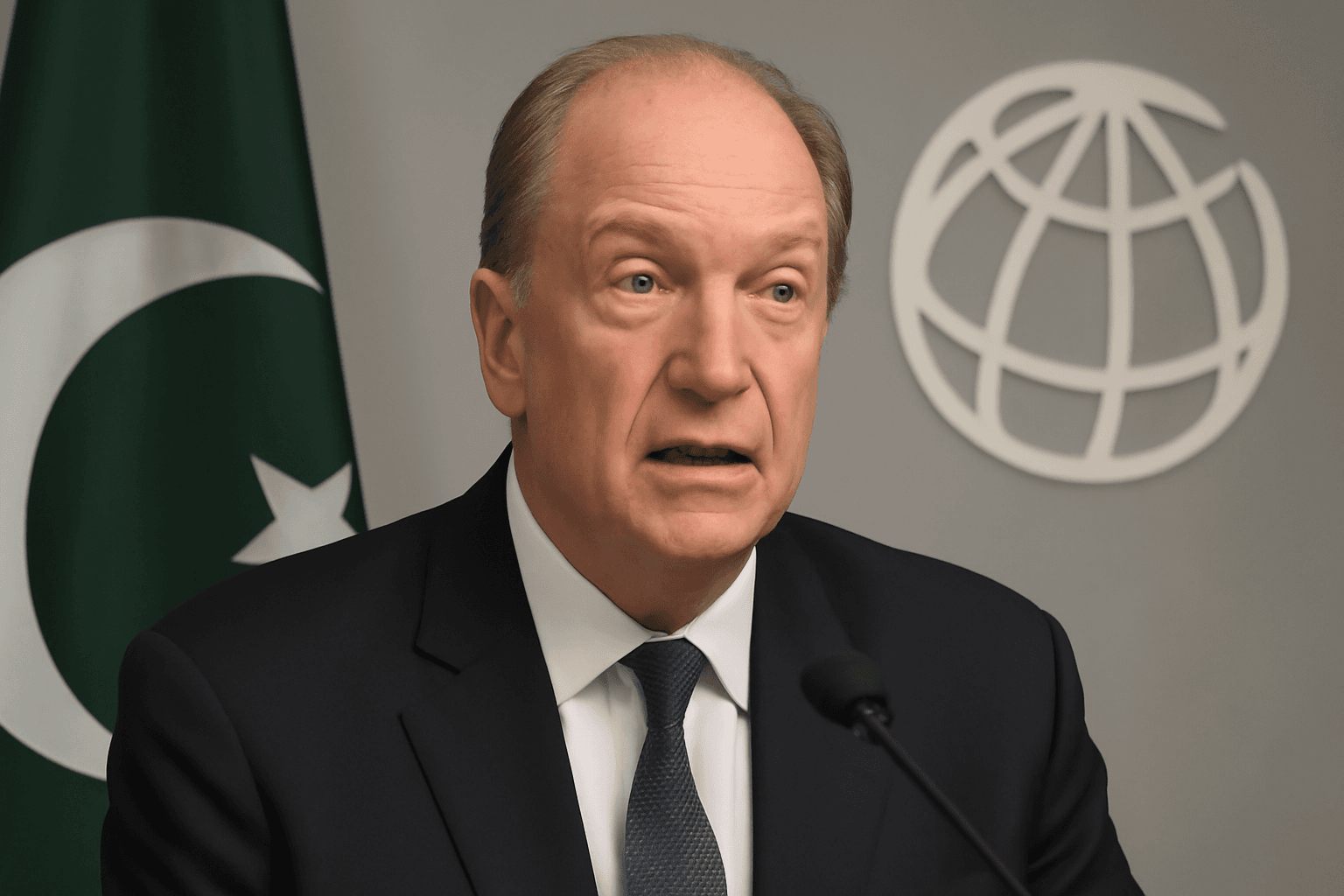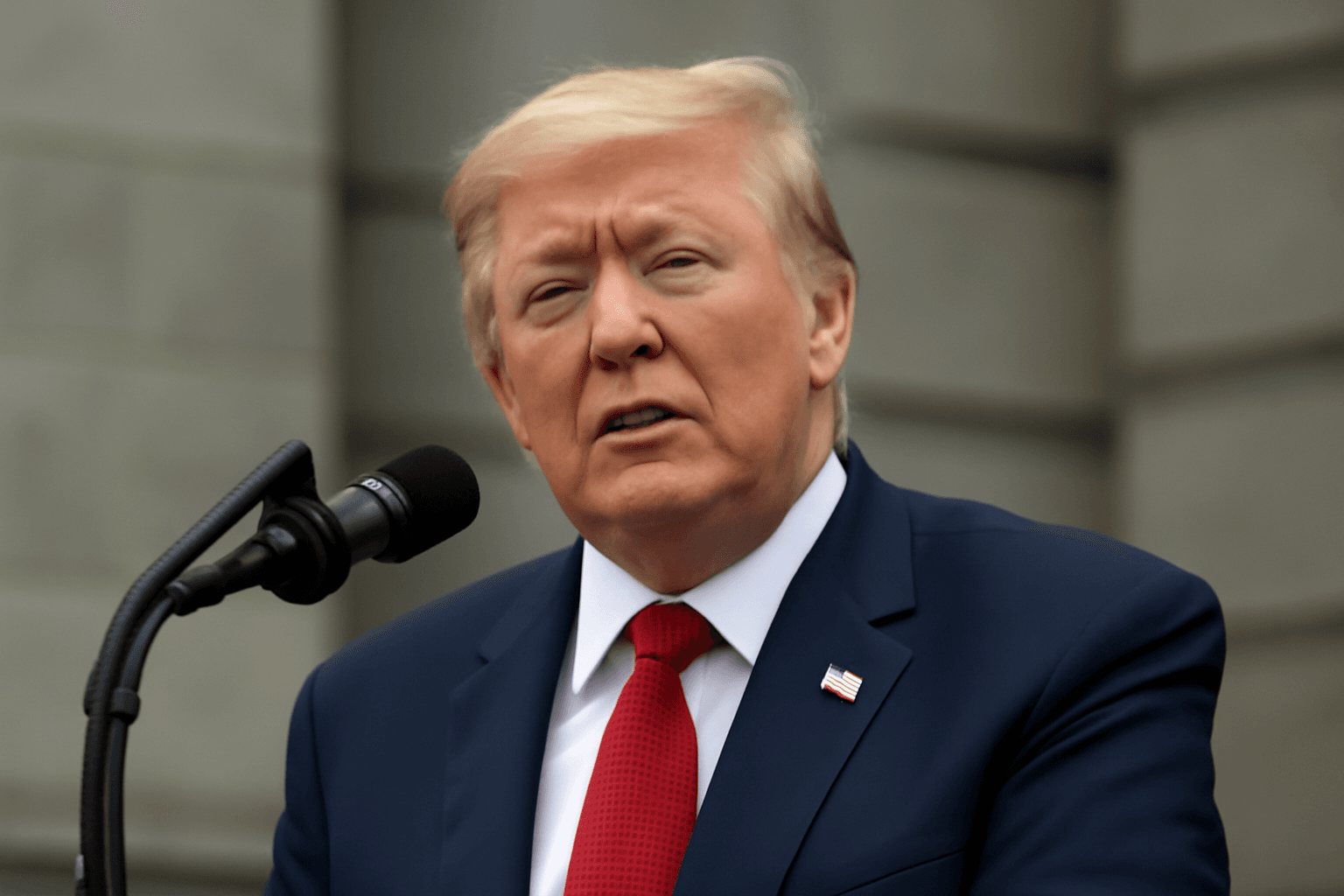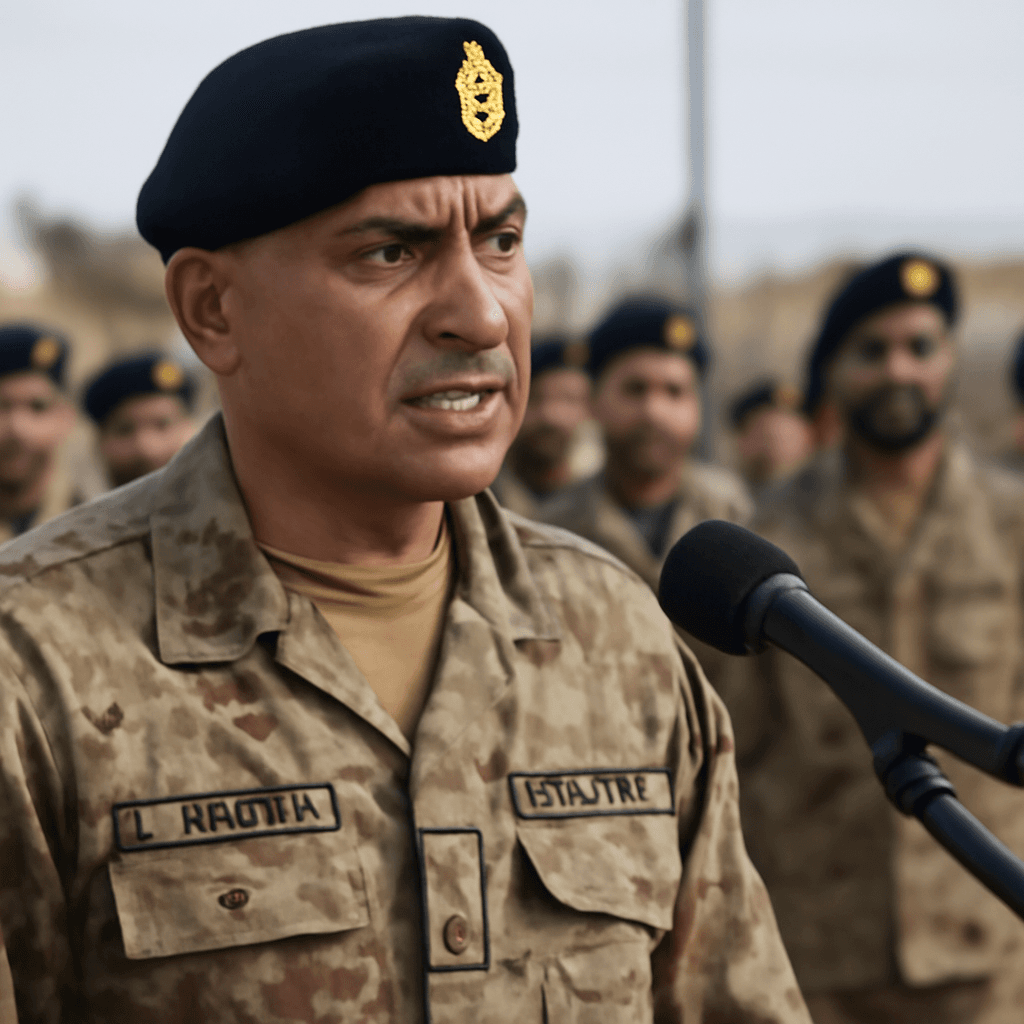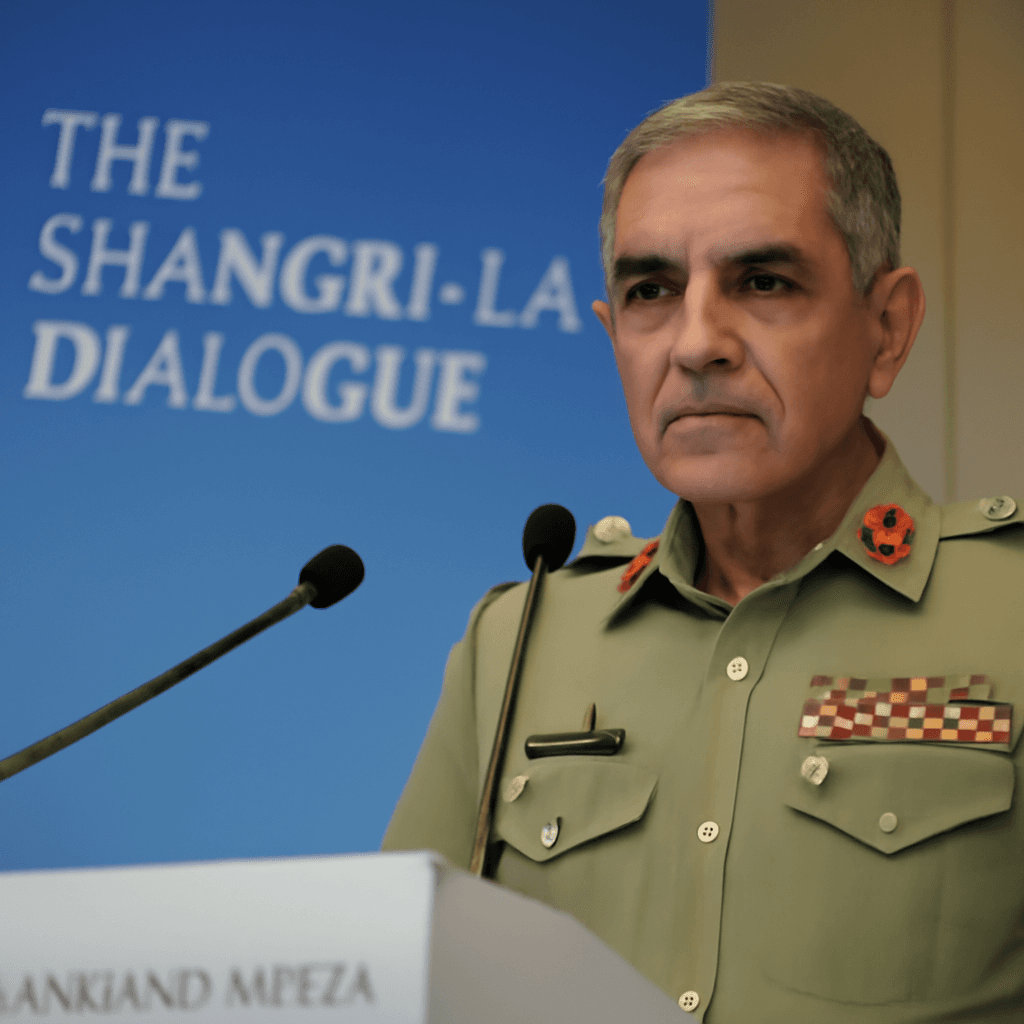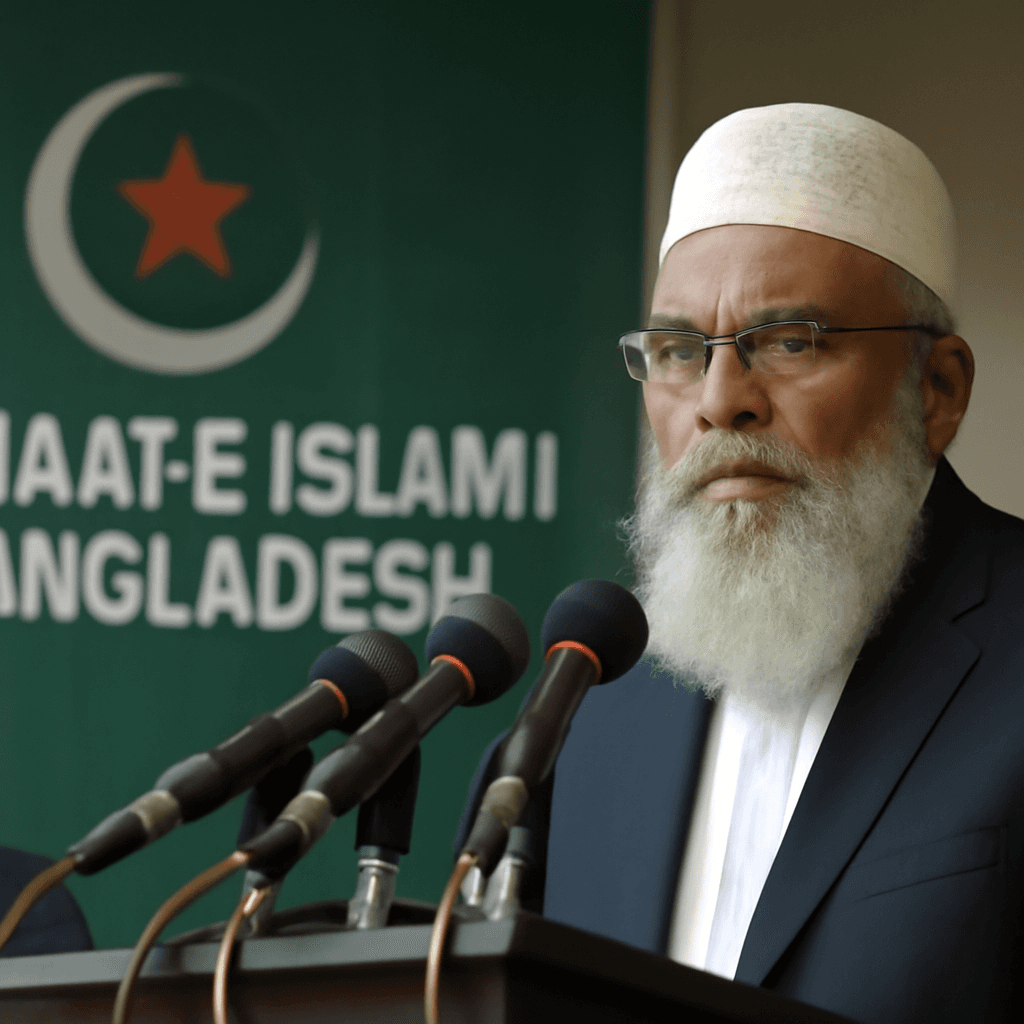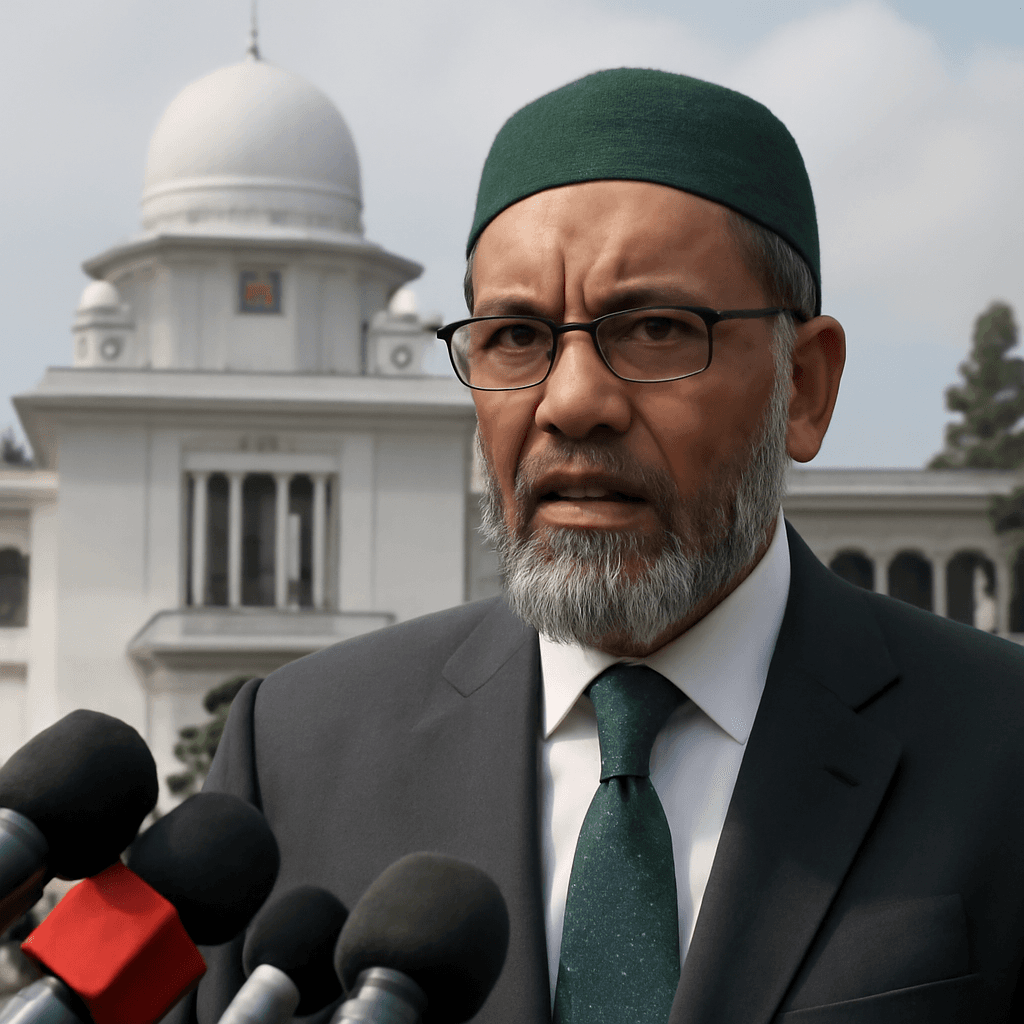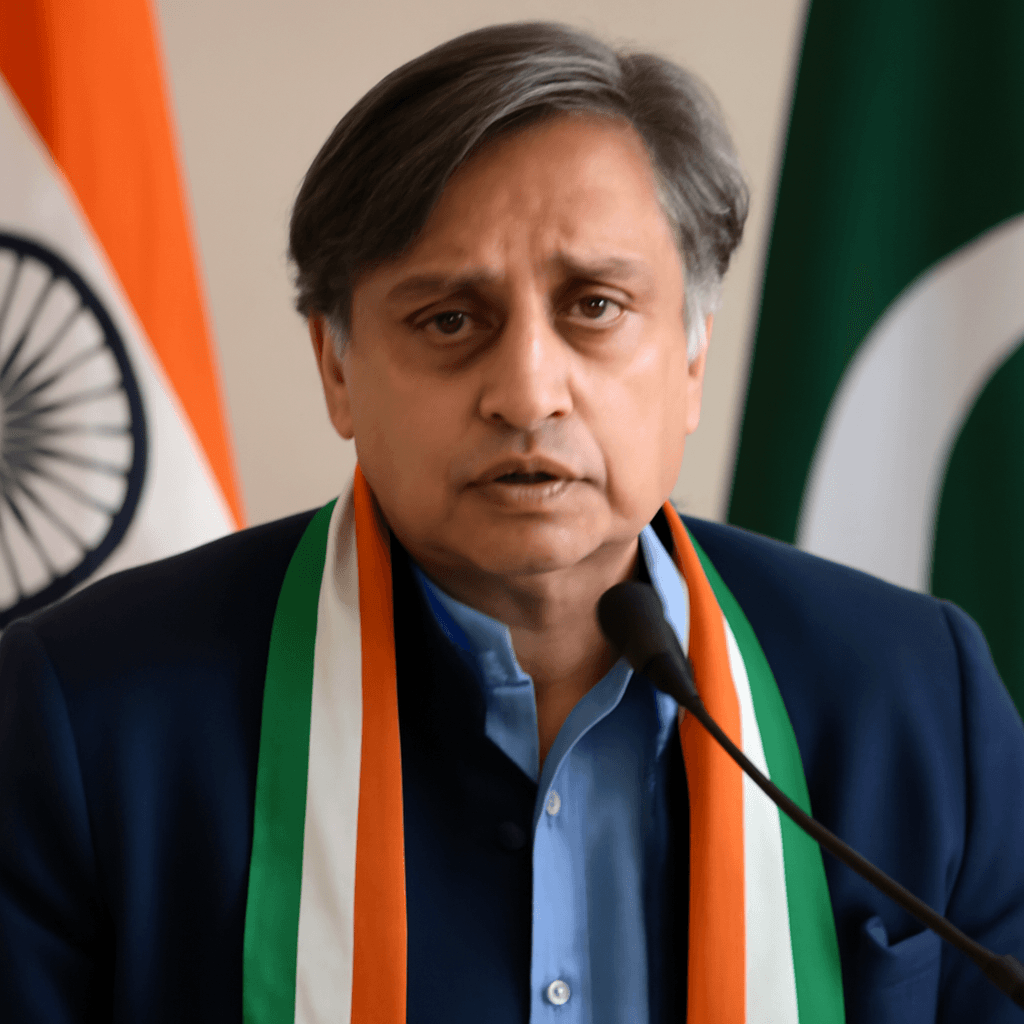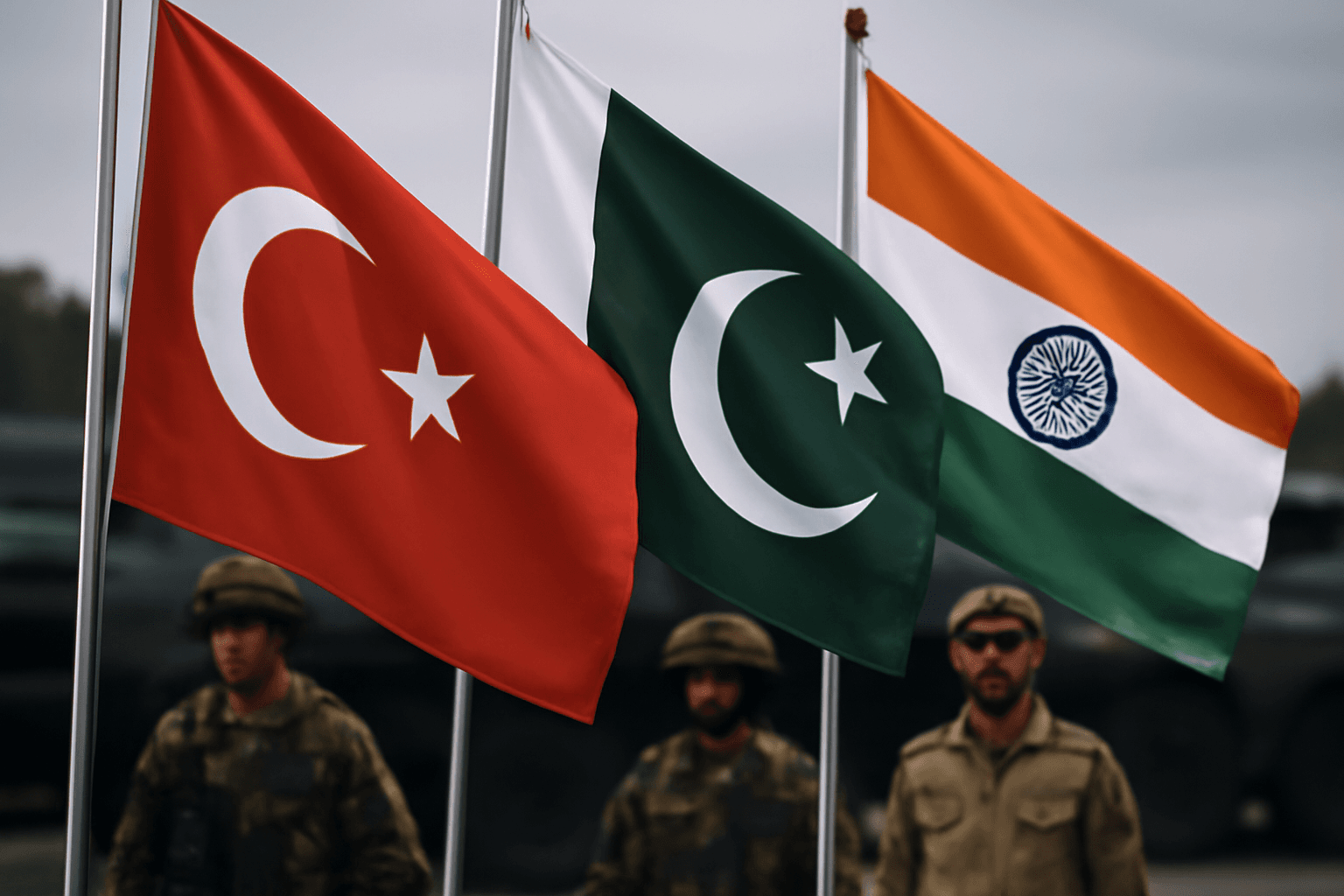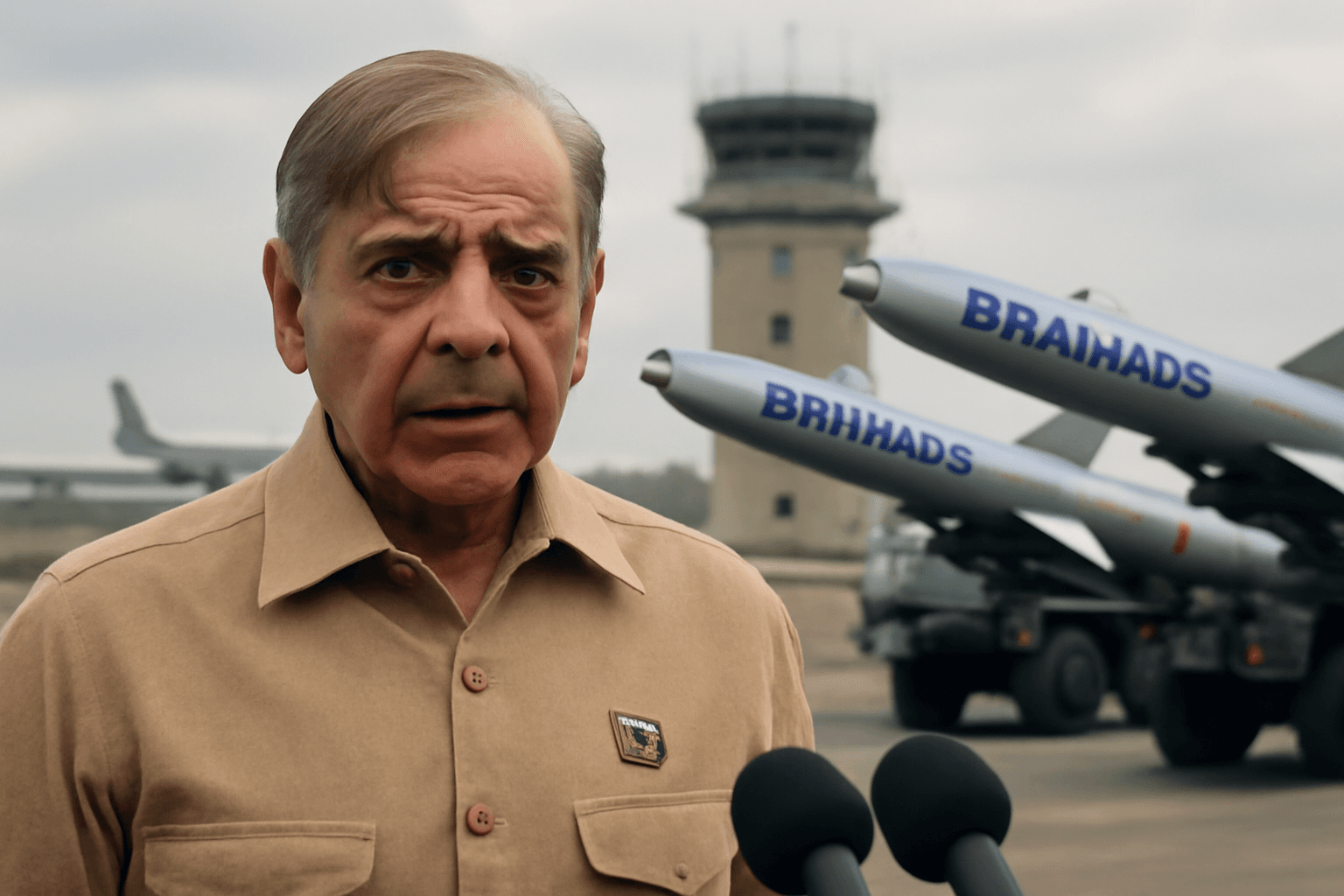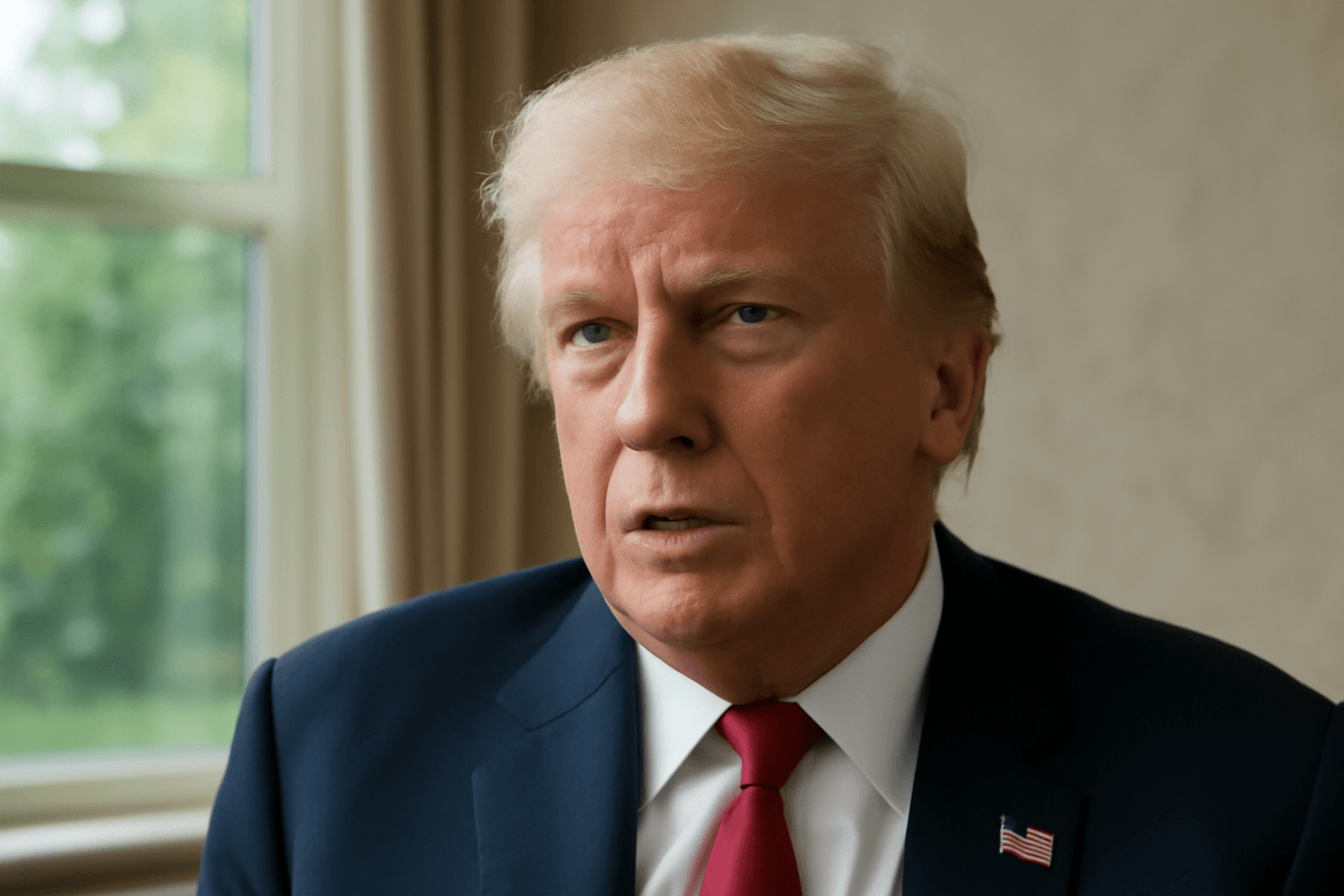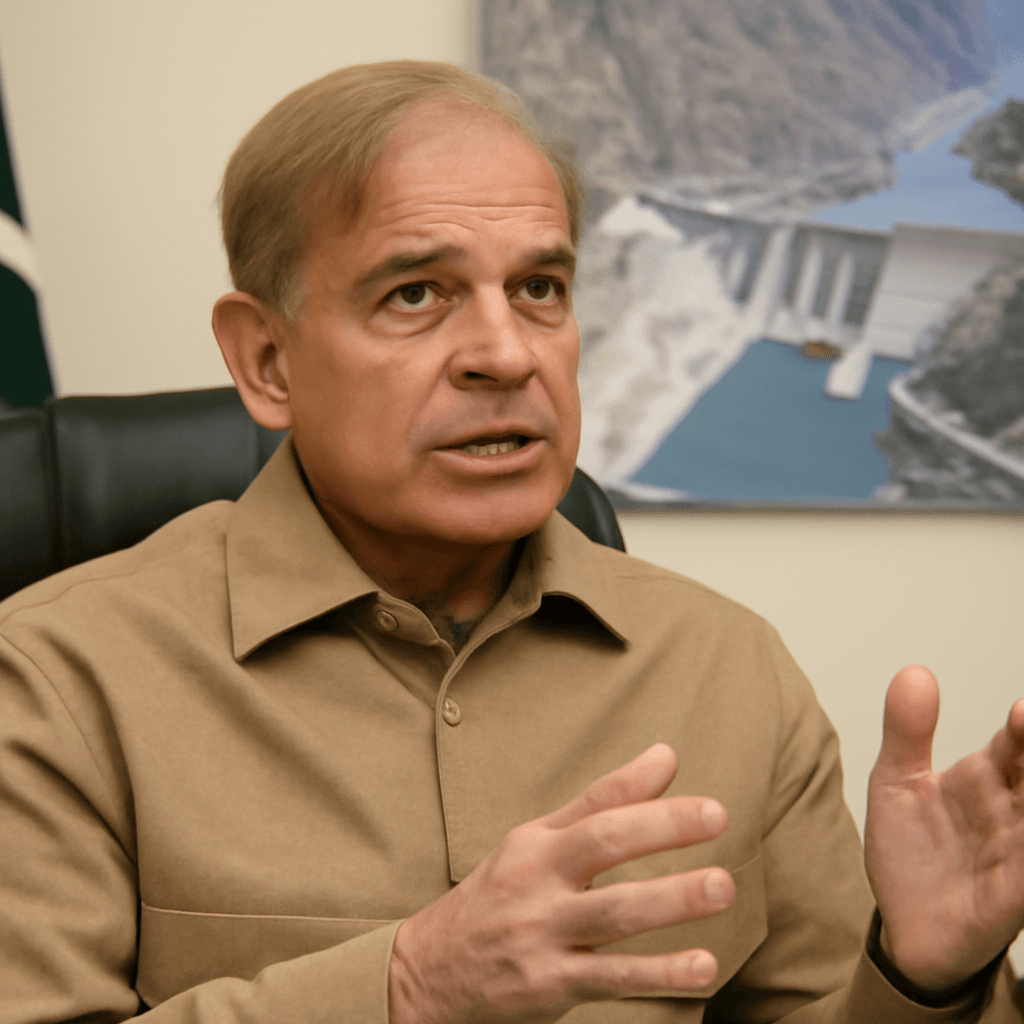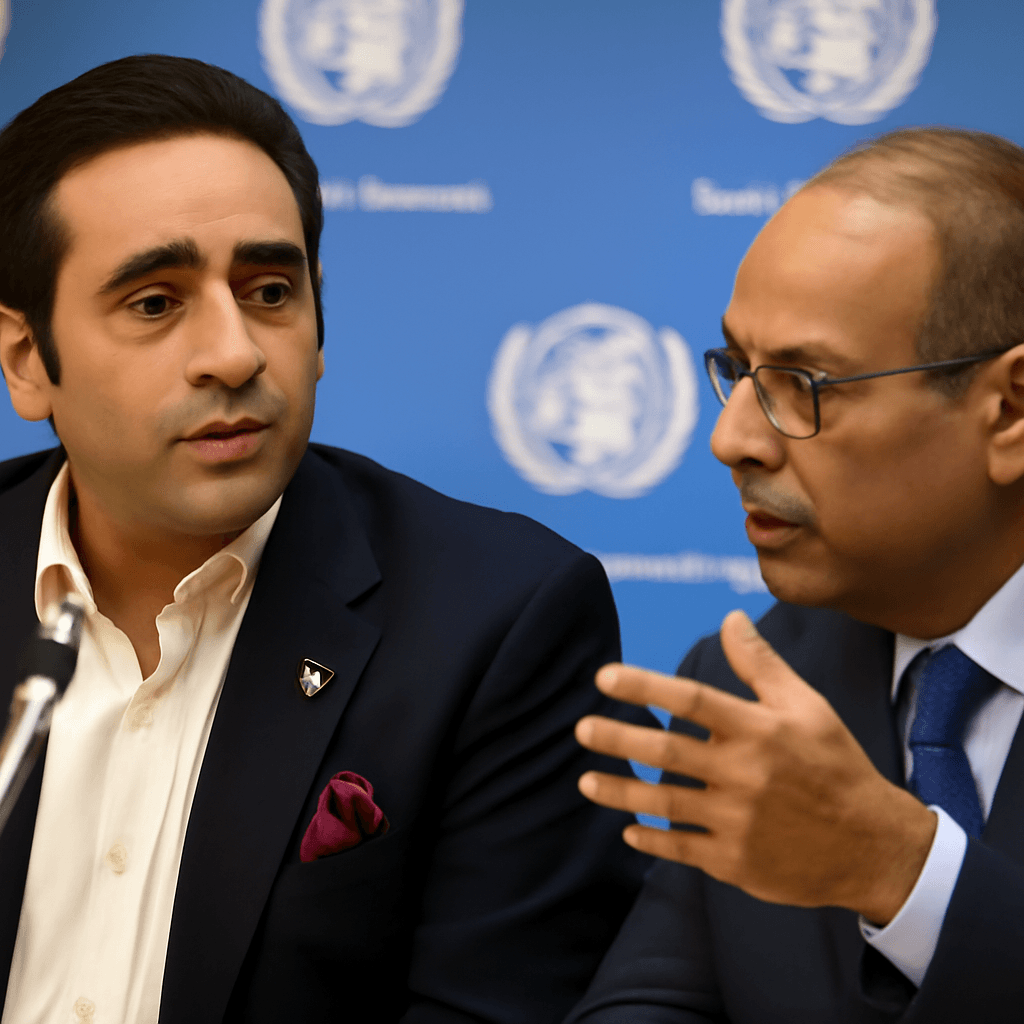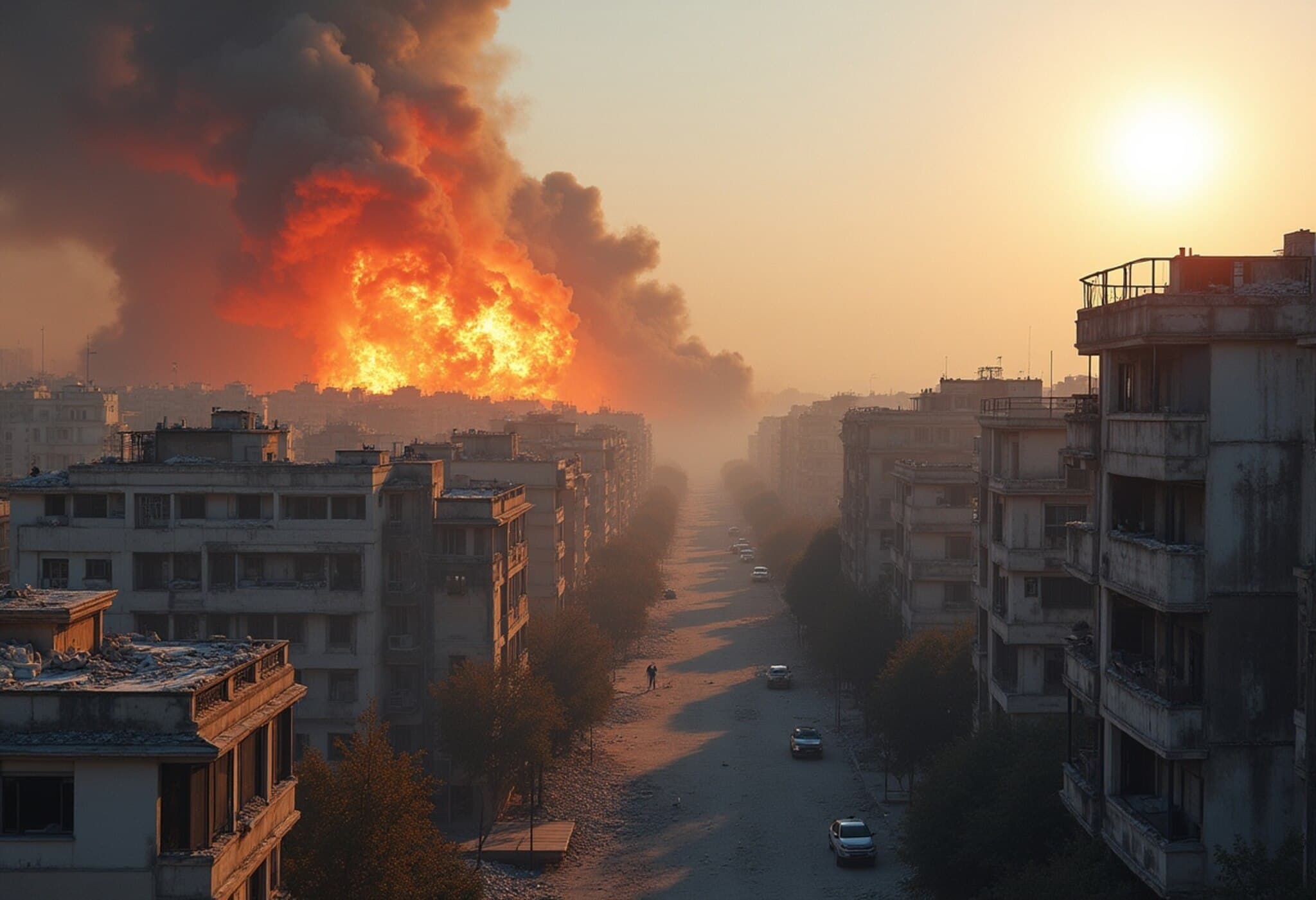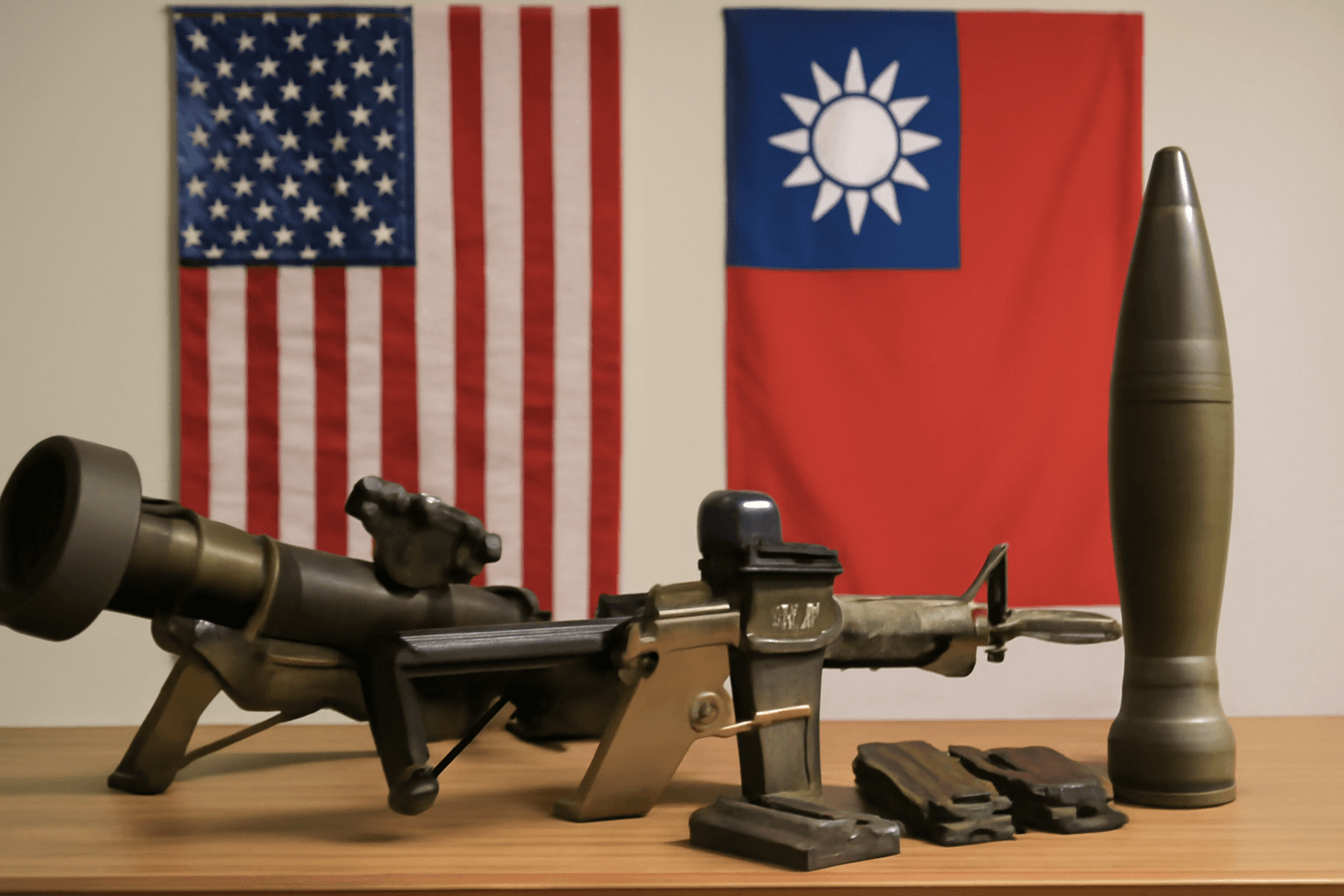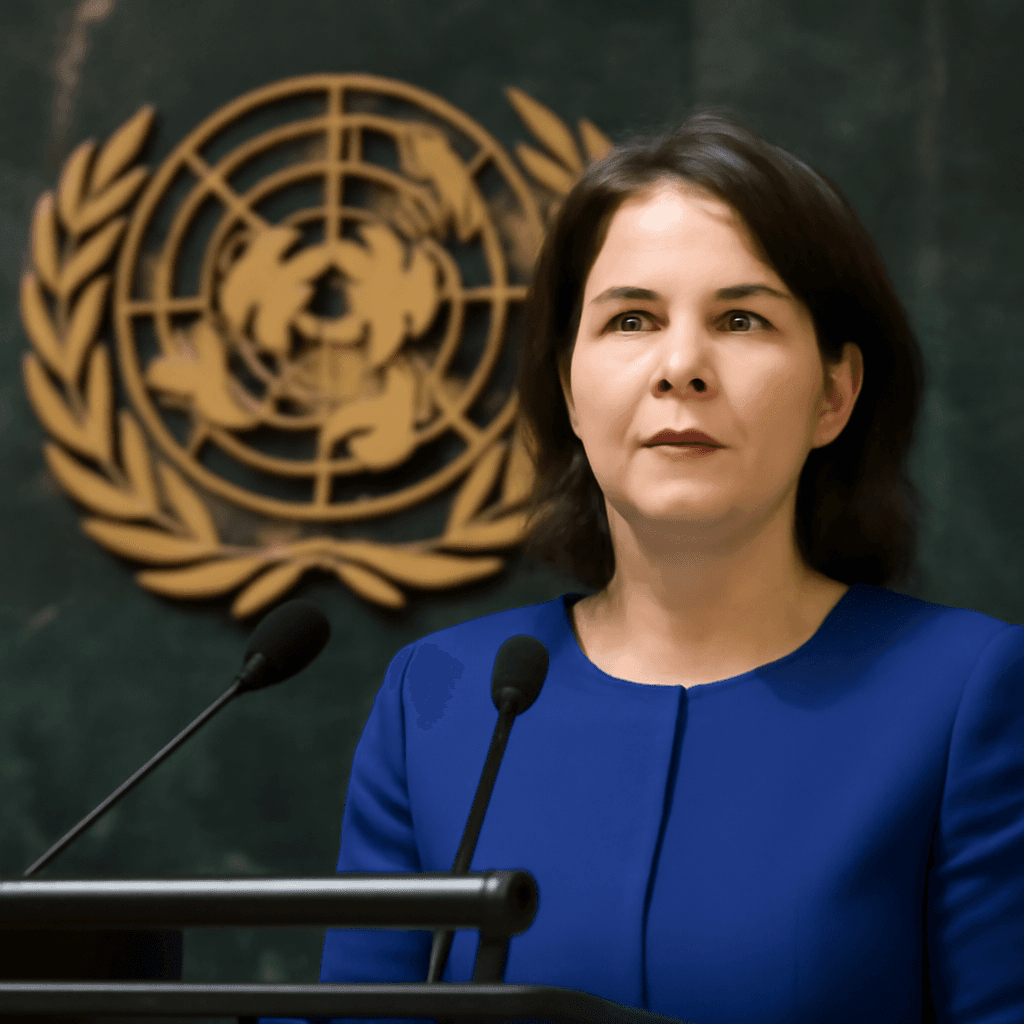ADB Grants $800 Million Financial Aid to Pakistan
On June 4, 2025, the Asian Development Bank (ADB) approved an $800 million bailout package for Pakistan despite firm opposition from India. This approval follows closely after Pakistan secured a $1 billion bailout from the International Monetary Fund (IMF), which was also met with criticism from New Delhi.
Details of the Bailout Package
The newly sanctioned ADB package aims to support Pakistan in improving its public financial management systems. The financial assistance consists of two components:
- $300 million as a policy-based loan
- $500 million as a program-based guarantee
The funds are intended to help stabilize Pakistan’s economy amid ongoing fiscal challenges.
India's Objections and Concerns
The Indian government has strongly opposed both IMF’s and ADB’s financial support to Pakistan. The major points of contention include:
- Concerns that the aid may be diverted towards boosting Pakistan’s defense expenditure rather than economic development.
- India highlighted Pakistan’s defense budget growth despite worsening economic indicators and declining tax revenues—from 13% of GDP in 2018 to 9.2% in 2023.
- Apprehensions that ineffective governance and military influence over Pakistan’s economy hinder sustainable economic recovery.
Military Influence and Governance Issues
India emphasized the dominant role of Pakistan’s military in the country’s economic affairs, particularly through the Special Investment Facilitation Council established in June 2023 to promote investments and foreign direct investment (FDI). This overlap raises concerns about transparency and misuse of funds.
Regional Security and Compliance Concerns
India also cited Pakistan’s alleged support for cross-border terrorism and its non-compliance with critical Financial Action Task Force (FATF) mandates, including the freezing of assets linked to UN-designated terrorist groups. These issues, India argues, not only threaten regional stability but also heighten financial risks for institutions like the ADB.
In view of these concerns, India is expected to advocate for reinstating Pakistan to the FATF 'grey list,' which would increase international scrutiny over Pakistan’s financial transactions.
Implications and Outlook
Despite India’s objections, ADB’s financial aid to Pakistan reflects continued international efforts to support Pakistan’s economic stabilization. However, the concerns raised underline the challenges linked to governance, security, and transparency that Pakistan must address to ensure effective utilization of such funds and regional peace.

